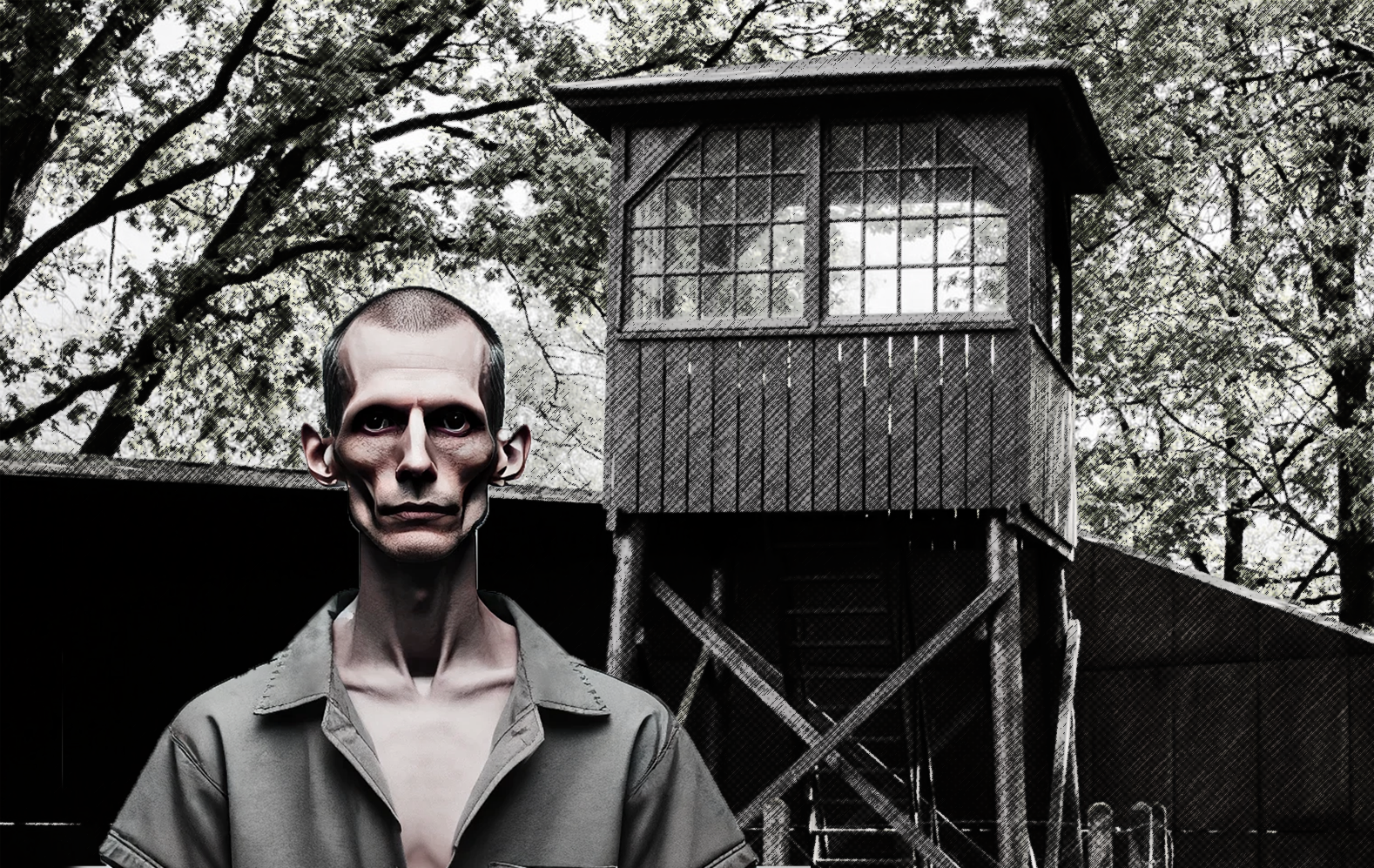Nationaal Monument Kamp Amersfoort (NMKA) intends to use AI technology to engage young people in an innovative way with the history of Kamp Amersfoort and the complex dilemmas faced by prisoners during World War II. The museum is developing an interactive installation where groups of young visitors can engage in conversations with a virtual character representing a former camp prisoner. Through their questions, the visitors will influence the themes that are explored, such as the moral gray areas between right and wrong under camp rule. This unique project aims not only to keep the camp’s story alive but also to inspire reflection on contemporary challenges. Additionally, NMKA is working on transcribing 300 hours of interviews with survivors to make these stories more accessible and integrate them into the interactive experience. The goal is to create a meaningful group interaction that resonates with the perspectives and experiences of today’s youth.

NMKA will draw on the insights from Museum de Heksenwaag. Museum de Heksenwaag already has experience with AI technology, using it in the exhibition “Anders?!” to explore discrimination in both the past and present. Visitors can engage in conversations with digital characters, challenging them to reflect on exclusion and prejudice. The installation focuses on connecting historical and contemporary themes and is available in multiple languages, with plans to expand further to other cultural contexts. The museum aims to develop this approach further based on visitor feedback and to broaden the range of topics to include new, sensitive subjects.
Together, NMKA and Museum de Heksenwaag demonstrate how AI has the power to connect history and contemporary themes with audiences in a profound and personal way.
ImproVive supports both projects by utilizing AI and Virtual Humans to make museum narratives more accessible and interactive. We are also doing the transcription of the video material and helping to make the material more accessible for research. Additionally, SDGHub.NL also contributes to the project by facilitating collaboration and communication.
The results and experiences from both projects will be compiled into a report to provide cultural organizations with insights into the success factors and challenges of implementing AI.
The project is made possible by the support of Cultuurloket DigitALL and Provincie Utrecht.

